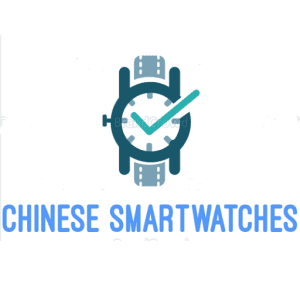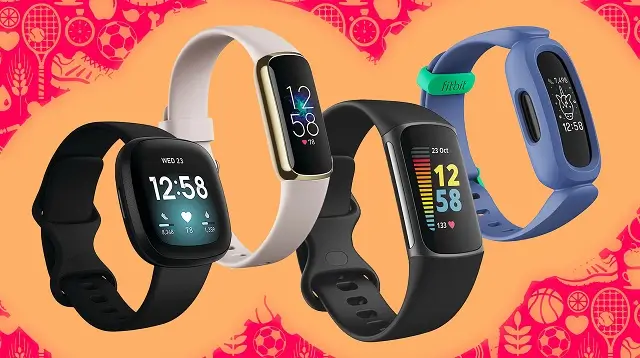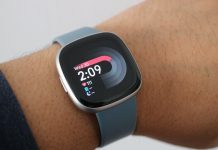Google has announced a significant new health feature for Fitbit smartwatches. This latest addition focuses less on entertainment or precise training metrics and more on providing valuable health insights that could benefit both patients and medical professionals.
Advanced Health Monitoring Capabilities
Modern smartwatches, including those from Fitbit, now offer a wide range of functionalities. Beyond simple heart rate monitoring, some devices can even generate an electrocardiogram (ECG). While a single-channel ECG from a smartwatch may not be as comprehensive as a professional ECG, it can still detect heart rhythm irregularities. Detecting such irregularities is crucial since they are relatively common and can increase the risk of stroke. Timely detection and treatment of heart rhythm disorders can significantly improve patient outcomes, and smartwatches can play a vital role in this process.
New Feature for Atrial Fibrillation Detection
Google’s new feature specifically targets the detection of atrial fibrillation (AFib). Previously, users could manually export their health reports and share them with their doctors or other medical personnel. With this update, it is now possible for medical professionals to access this data directly through the Fitbit Web API, provided that users consent to sharing their critical health information.
Benefits for Medical Professionals and Researchers
Direct access to Fitbit data allows healthcare providers to enhance their heart health programs and offer professional ECGs when abnormal data is detected. This feature also facilitates broader screening programs. According to Google, researchers can also benefit from this access, potentially identifying seasonal trends in AFib or correlations between heart rate patterns and health outcomes. This data could be invaluable for advancing medical research and improving public health strategies.
Availability and Implementation Challenges
While this new feature promises significant benefits, its availability in different regions. Additionally, the practical implementation by medical professionals may face regulatory and logistical hurdles. Nonetheless, the potential impact of integrating such advanced health monitoring features into everyday wearables marks a promising step forward in digital health innovation.
You May Also Like To Check Out: The New and Latest Smartwatches 2024



